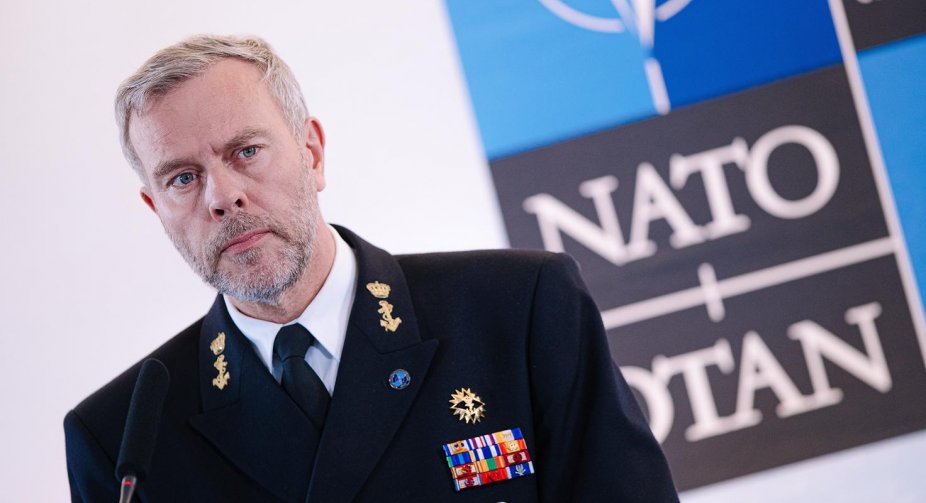Admiral Rob Bauer, the Chairman of NATO's military committee, on Friday claimed the countries within the alliance were prepared for the potential of a direct confrontation with Russia.
"The enemy dictates the time, place, and duration of the conflict.
Unfortunately, Ukraine learned this lesson. Are we ready? The answer is yes! Our primary objective is readiness. If a conflict were to erupt today, we would engage with the resources at our disposal," he said. Addressing readiness along NATO's eastern flank, the Admiral highlighted the alliance's bolstered presence in the Baltic states since 2016, with additional deployments following the escalation of hostilities in Slovakia, Hungary, Romania, and Bulgaria.
"We currently maintain eight battalion-sized combat groups, capable of amalgamating into a brigade if required. Member nations are consistently refining this capability. Should further reinforcements be necessary, we will assess accordingly. At present, our preparedness suffices," commented the admiral.
Bauer emphasized the multifaceted nature of modern warfare, including cyber and space domains, as well as Russia's influence in various regions such as the Arctic, Western Atlantic Ocean, Africa, Mediterranean Sea, and Black Sea.
"Focusing solely on the eastern flank would be naive, as Russian activities extend beyond. Therefore, NATO remains vigilant, monitoring and responding as needed," added Bauer.
Regarding concerns over heightened threats from Russia following Vladimir Putin's reelection, he expressed confidence that Russia's capabilities had been diminished due to the ongoing conflict in Ukraine and impediments posed by Western sanctions on troop replenishment and modernization.
"While Russia retains the capacity for substantial weapons production, the quality has reportedly deteriorated amidst the ongoing conflict.
Despite their plans, the exigencies of war hamper their progress. The road ahead will be challenging for them," concluded Admiral Bauer.
